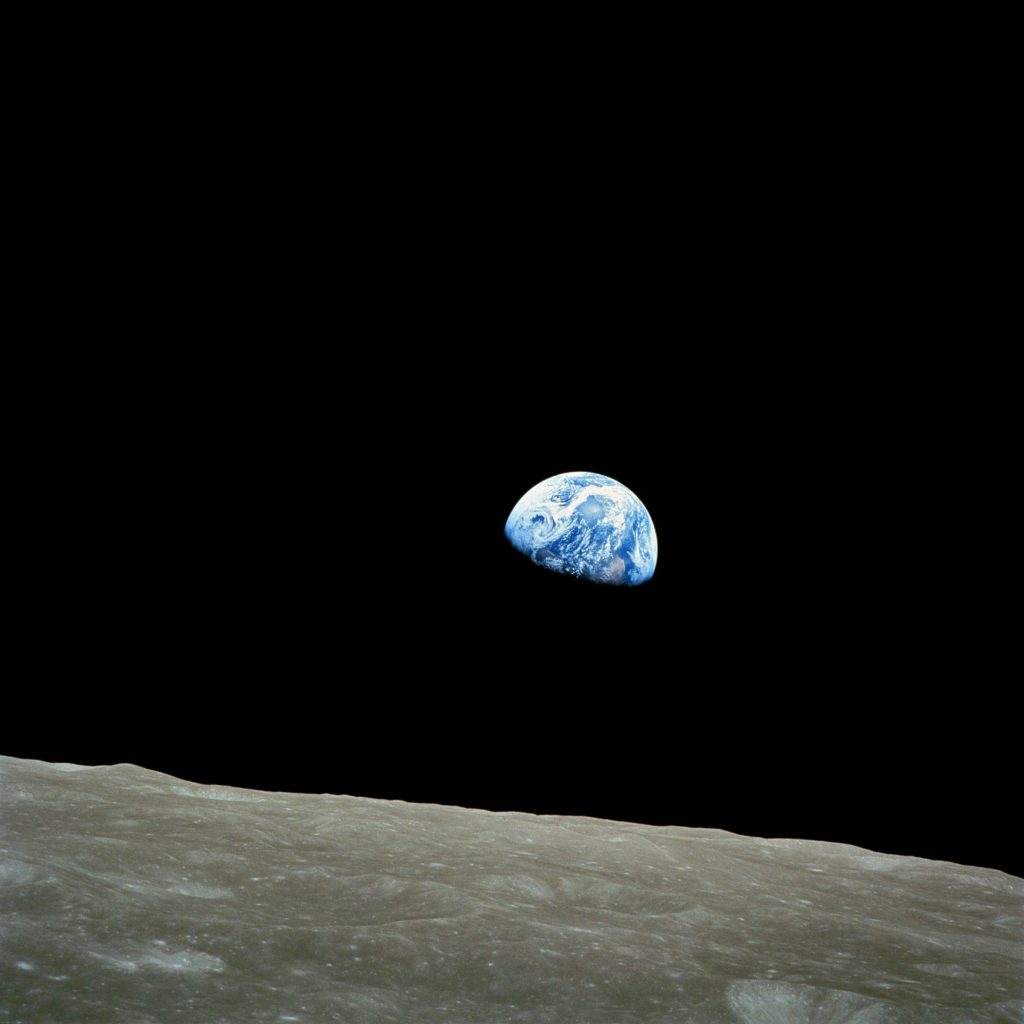A new scientific study offers an intriguing explanation for one of Jesus Christ’s well-known miracles—the “miraculous catch of fish” recorded in the Bible. In this account, Jesus guides his apostles to make a last attempt at fishing after a fruitless night, leading to a massive haul of fish. Researchers at the Kinneret Limnological Laboratory have been studying the Sea of Galilee, the site of the miracle, and found natural phenomena that could help explain such a large catch.
According to the study, the Sea of Galilee contains a deep layer of oxygen-depleted water that sometimes rises to the surface, especially with wind and wave activity. This phenomenon, known as a “fish-kill event,” traps fish in the low-oxygen water, causing them to congregate and even die, making it easy to gather a substantial number quickly—just as the apostles did when Jesus instructed them.

The research team points out that these fish-kill events occur in the same region as Jesus’ miracle, suggesting that natural forces could have contributed to this catch. For historians, the potential scientific link offers new insights into how environmental factors may play a role in historical accounts of miracles.
While scientific theories can’t fully resolve matters of faith, this explanation brings a fresh perspective to one of Jesus’ best-known acts, showing how the Sea of Galilee’s unique environment could align with the biblical story.




